Democracy and Federalism: Nepali Experience
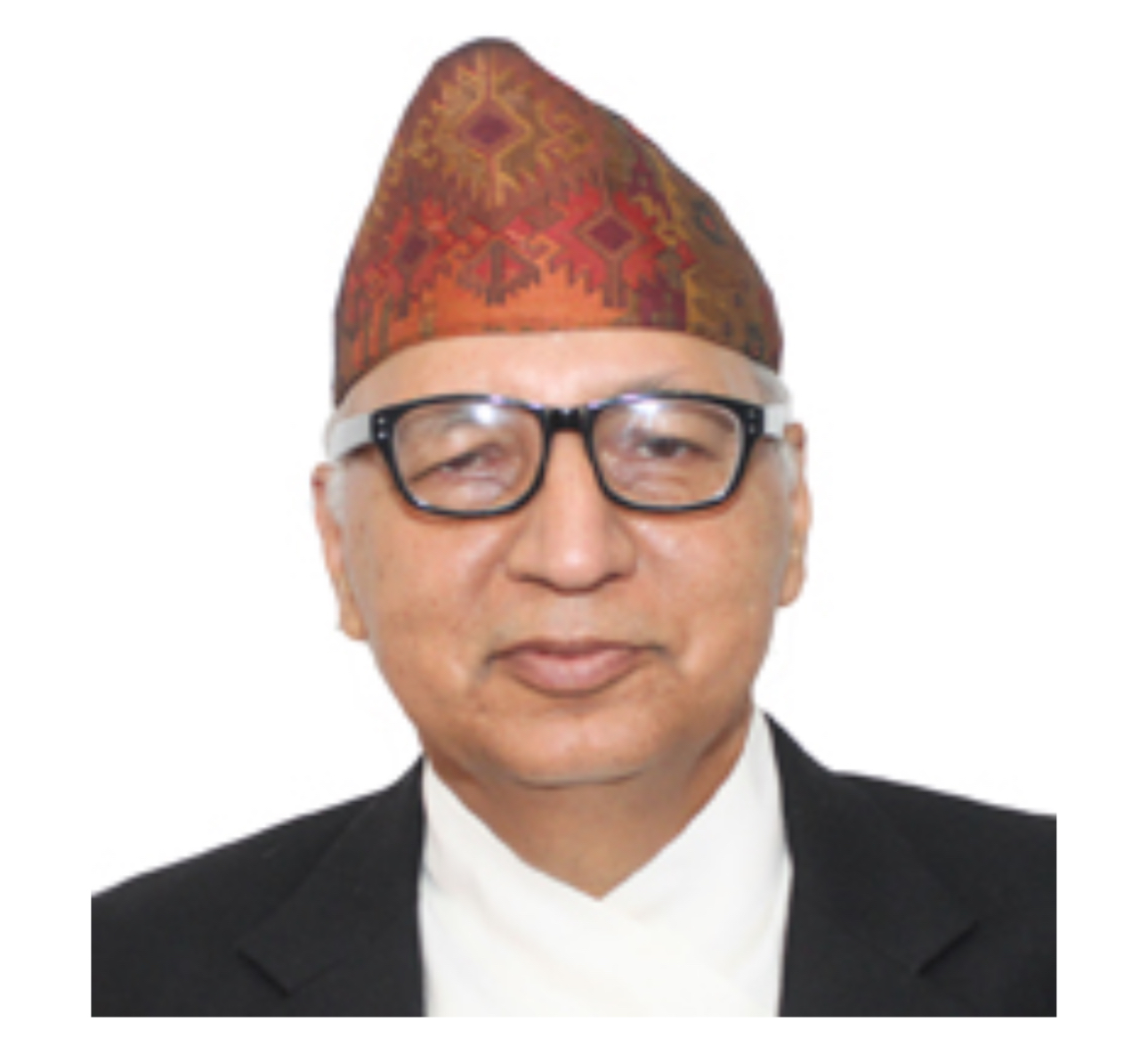
By Dr Anand Mohan Bhattarai
Inclusion is the signature tone of the Nepali Constitution, it is the constitutional roadmap designed by our framers in the Constituent Assembly.
Principally, inclusive democracy is a multi-dimensional concept. It is informed by the experiences of 1990s and the first decade of the current millennium. TAKIS FOTOPOULOS likes to call inclusive democracy a “liberatory project”. It is too early, especially in the context of Nepal to say conclusively whether it is a liberatory project or turns out to be yet another experiment that may end in failure, ultimately a flapping of the constitutional wings in vain. This said, the impressive part of inclusive democracy are its theoretical underpinnings and their political, social, economic, cultural and ecological implications.
From political perspective, inclusive state rejects the capture of state power by a handful of social elites who secure more votes in periodic elections. In that sense, it does not accept the electoral winner taking everything, and the losers losing perennially; nor does it accept equality and non-discrimination being construed only an act of going to the polling booth and casting votes. We have tried to introduce inclusive democracy in the political process by incorporating proportional representation and inclusion in vital institutions of the state.
Economically, inclusive democracy despises the concentration of economic power in a few hands, instead it encourages the promotion of bottom up economic process. Social dimension of inclusive democracy is also equally relevant in the context of Nepal as we are yet to be completely out of the evil practices such as untouchability, and ensure social justice, promote cultural diversity,mainstream the economically backward and marginalized section. Environmentally, inclusive democracy does not allow the state to remain oblivious to the environmental challenges and climatic devastation for short term economic interest and benefits or for the advantage of a specific group of people, especially when it comes at the expense of environmental damage and public health.Rejecting the archaic notion of parens patrae inclusive democracy calls the state to act as trustee of the nature and work for realizing “ecologically sustainable development”that our constitution advocates. In a very recent decision the constitutional bench taking note of the theoretical dimensions of inclusive democracy said:
“The current constitution firmly adheres to the notion of inclusive democracy in its preamble, and provisions relating to fundamental rights and duties, directive principles, policies and obligations, and provisions relating to election and representation to the high offices to federal, provincial and local level …Whether or not inclusive democracy becomes a ‘liberatory project’ of thecommon populace, especially in the margin depends on the practical application of the concept, and strength [of the policy makers] in improving and refining it. However,its introduction in the ground reality of Nepal has no doubt added enthusiasm and inventiveness, and promote ownership to the constitution”.
A system of self-rule and shared rule
After presenting my thoughts on inclusive democracy let me turn to federalism. From a federal perspective, the constitution is a document that accommodates interest and aspiration of the people of various manifestations and orientations. It is done in the spirit of co-existence and cooperation with an aim to bring about transformative change and prosperity. Nepali Constitution clearly states that the relations between the Federation, States, and Local level shall be based on the principles of cooperation, co-existence and coordination. The practical manifestation of these principles in the functioning of the state is a pertinent point of inquiry. There seems to be some problems in building cooperation or accepting co-existence or reinforcing coordination. Problems have cropped up in several areas such as adjustment of public officials including judges, the enactment of necessary laws, division of financial resources, inter—state trade and in settling political disputes through meetings of inter-statecouncils. Constitutional and legal disputes have arisen both in horizontal and vertical relations among organs of the state, and also regarding the role played by different office holders. Take for example the relation between the executive and the legislature. The Supreme Court had to grapple with the issue of dissolution of parliament twice in the same year. We found that on both occasions dissolution of the Parliament was made without the Speaker being consulted. Now again, cases were filed at the Supreme Court regarding the formation of government in one of the provinces where the role played by the governor and the speaker are put into questions. Disputes have also arisen in areas such as promulgation and authentication of Bills, grant of amnesties and reduction of sentences.
Regarding vertical relation among federal units, disputes have been brought to the Supreme Court on a number of issues such as determination of boundaries between local bodies, or fixing and shifting of the headquarter of the districts etc. Disputes have also arisen due to the overlapping of annexes that vests legislative power to different federal units in a number of areas such as levying tax on natural resources, establishment and running ofschools, utilization of water resources, or protection of forest, land and water resources, environmental and climate change concerns and operation of institutions such as water users groups, or community forest users groupsetc. Some of these issues are quite serious requiring immediate intervention through interim orders.
Federalism is not a system which imposes multiple shackles, rather it is a system of self-rule and shared rule. Apparently, there are teething problems on both of these scores. Hopefully, many of the disputes that I raised earlier will be resolved and the judiciary will be able to iron out Niti on inclusive democracy and working on Nyaya and make meaningful contribution in shaping democratic ideals that the constitution has embodied.
Finally, since we are discussing constitution, let me share my thoughts about the Constitution itself.
There are several reasons for the people attaching so much importance to the constitution. First, the constitution is important because of its normative values, and for embodying rights. The constitution is important because it not only embodies rights but also because it prescribes mechanism for their enforcement. As Hamilton said, “The Constitution itself is to all intent and purposes– a bill of right”. Secondly, the constitution is important because of its democratic credential. If the constitution, or our actions under the constitution, do not resonate to democratic ideals that it espouses, it ultimately turns out to be a façade for governance. Third, the constitution is important because it lays down national goals and future direction of the country. Even though there are views which consider the constitution as a colorless document, a more prevalent method is to treat it as document of socio-economic transformation. Fourth, the constitution is important because of the discursive space given to the community as a collectivity and to civil society organization in policy formulation and implementation. Finally, some even like to take it to the extreme and term the constitution as a “scripture”. I would not like to go to that extreme andinstead emphasize on the need to adopt flexibility. However, even if one takes the constitution as scripture,this scripture should nurture the institution we call democracy or rather inclusive democracy. Institutions to my mind are not abstract entities, they are beings which should give fuel to society for sustenance and prosperityand help in navigating the transformative potential of the constitution.
I end by quoting Granville Austin who said “It seems that human beings construct temples called democracies, but then pay insufficient attention to those who become the clergy.” Time has come for all of us to reject and say goodbye to the clergy who rather than caring for the temple contributes to its corrosion by indulging in self-serving projects.
(Dr Bhattarai is Hon’ble Justice at the Supreme Court of Nepal. This article is based on his speech delivered at the ‘International Conference on Federalism, Devolution of Power, and Inclusive Democracy in Nepal and Asia’ organised by the Kathmandu University on November 22, 2023.)







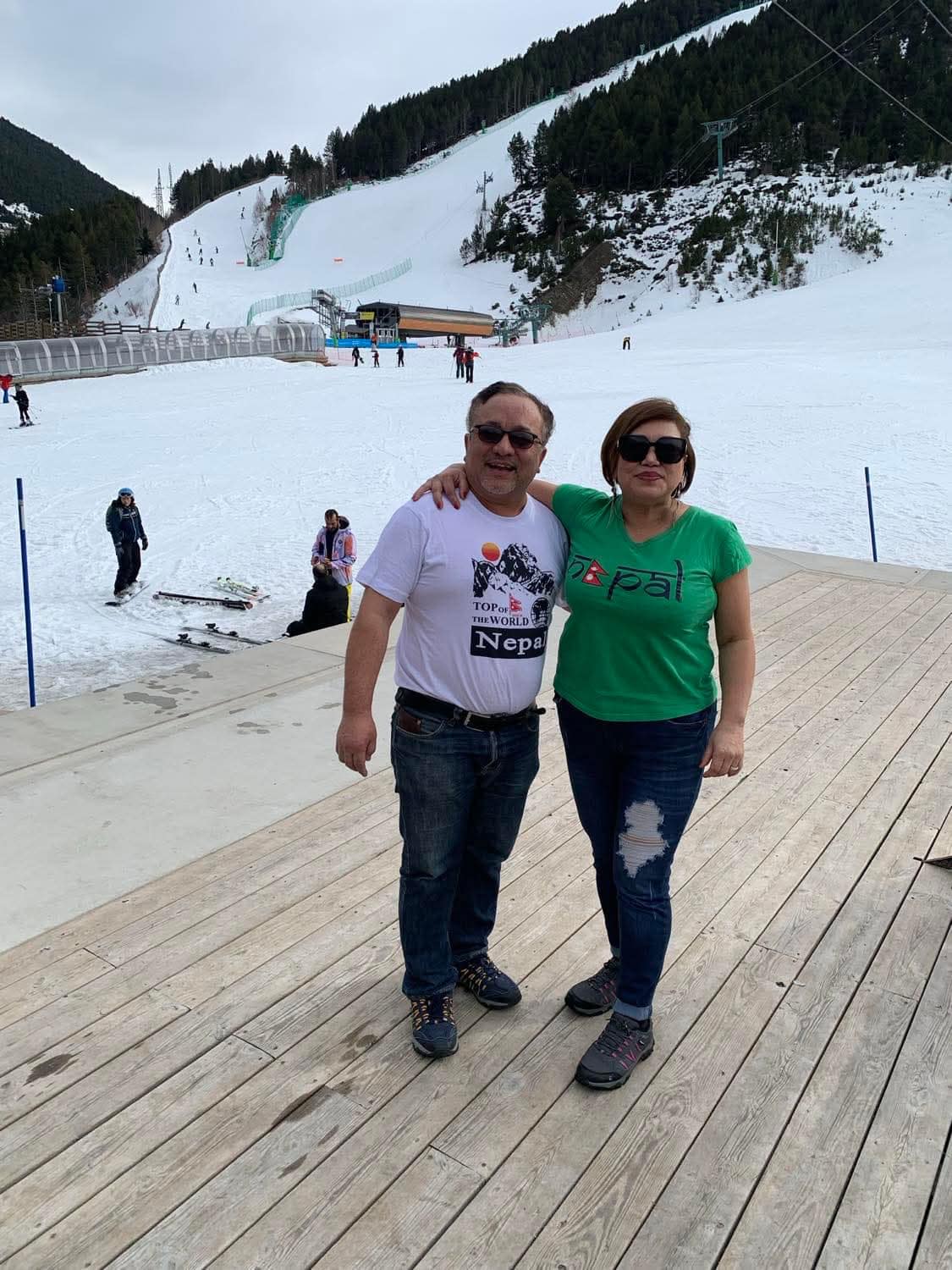
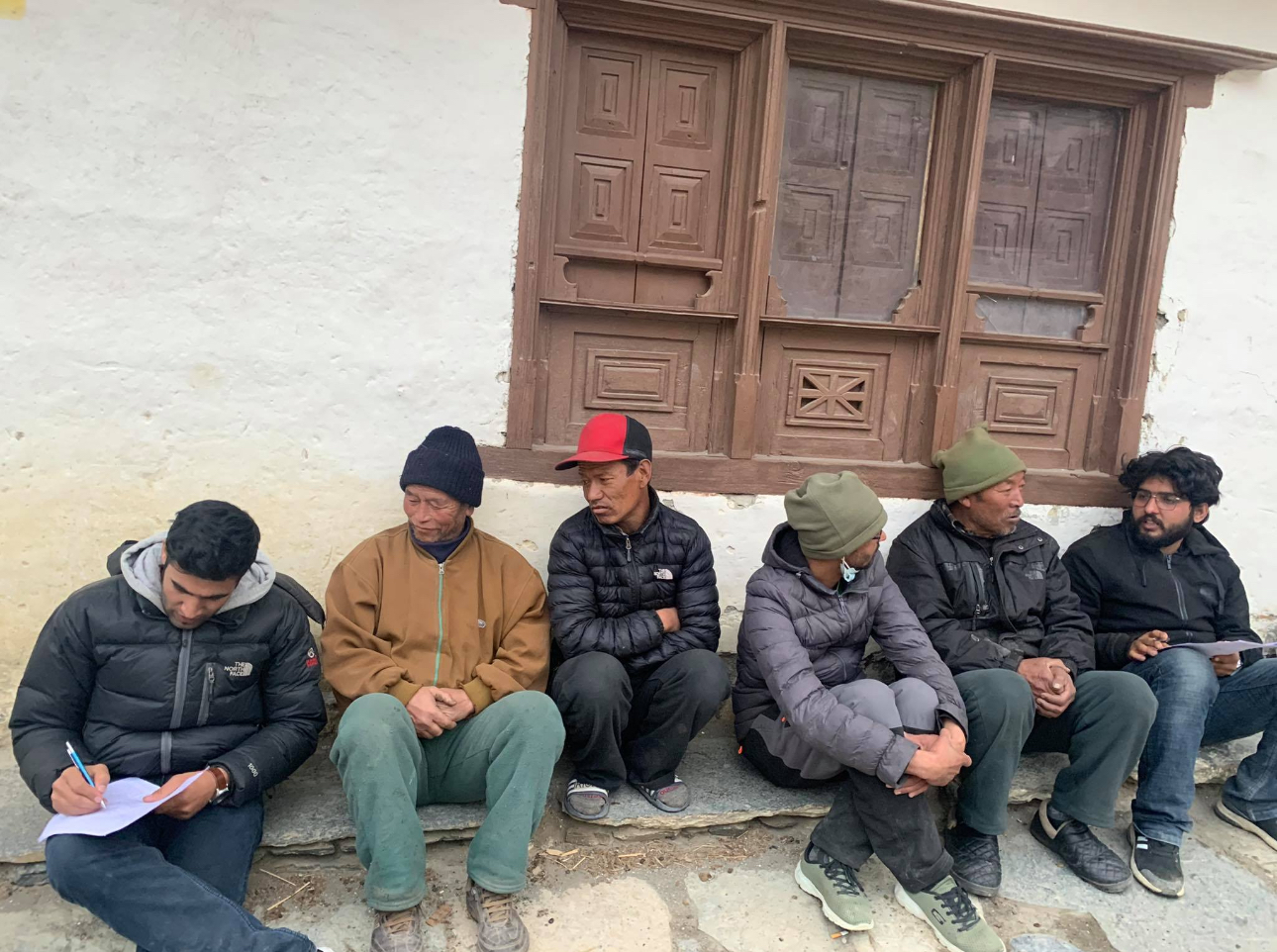
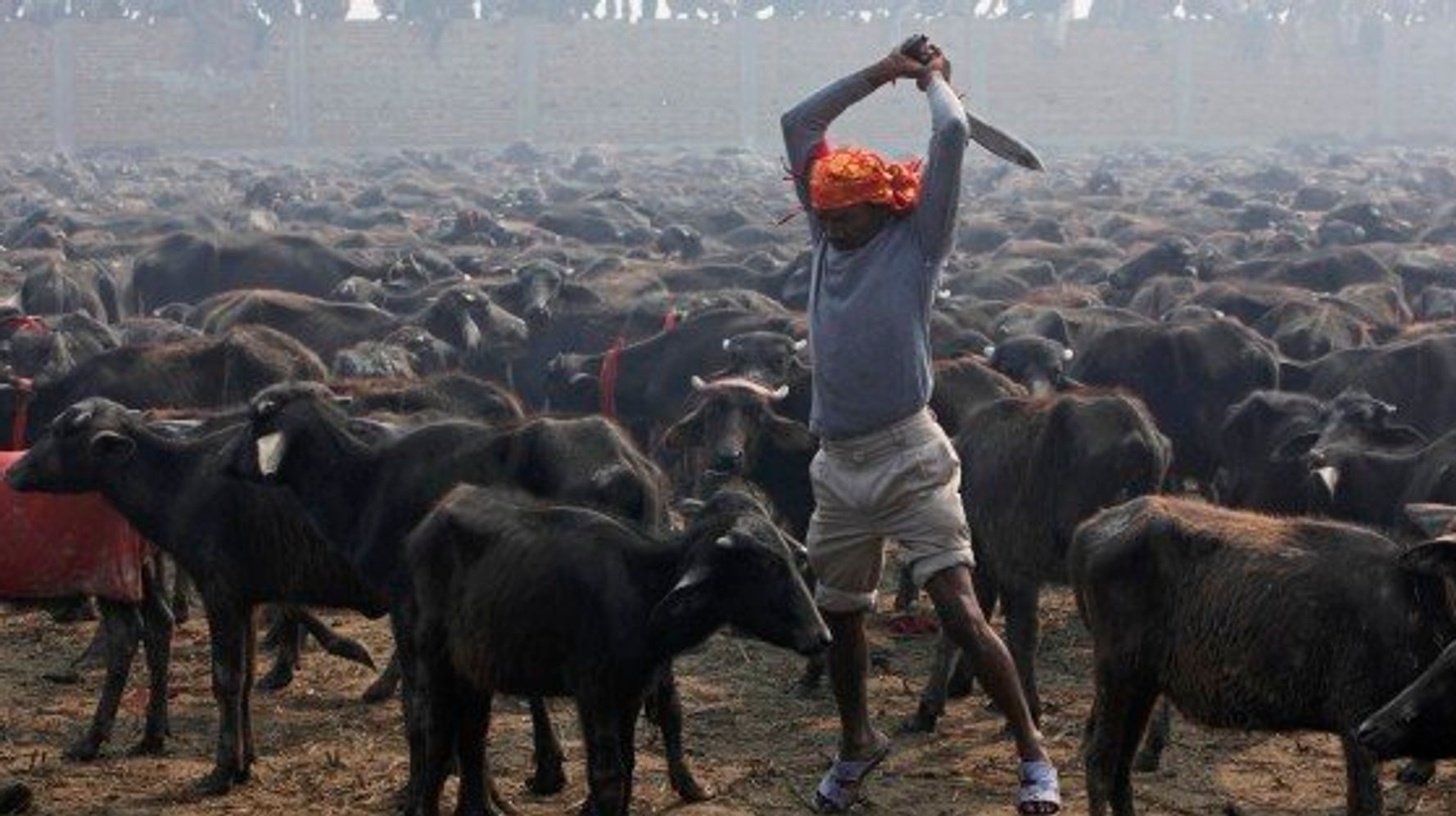

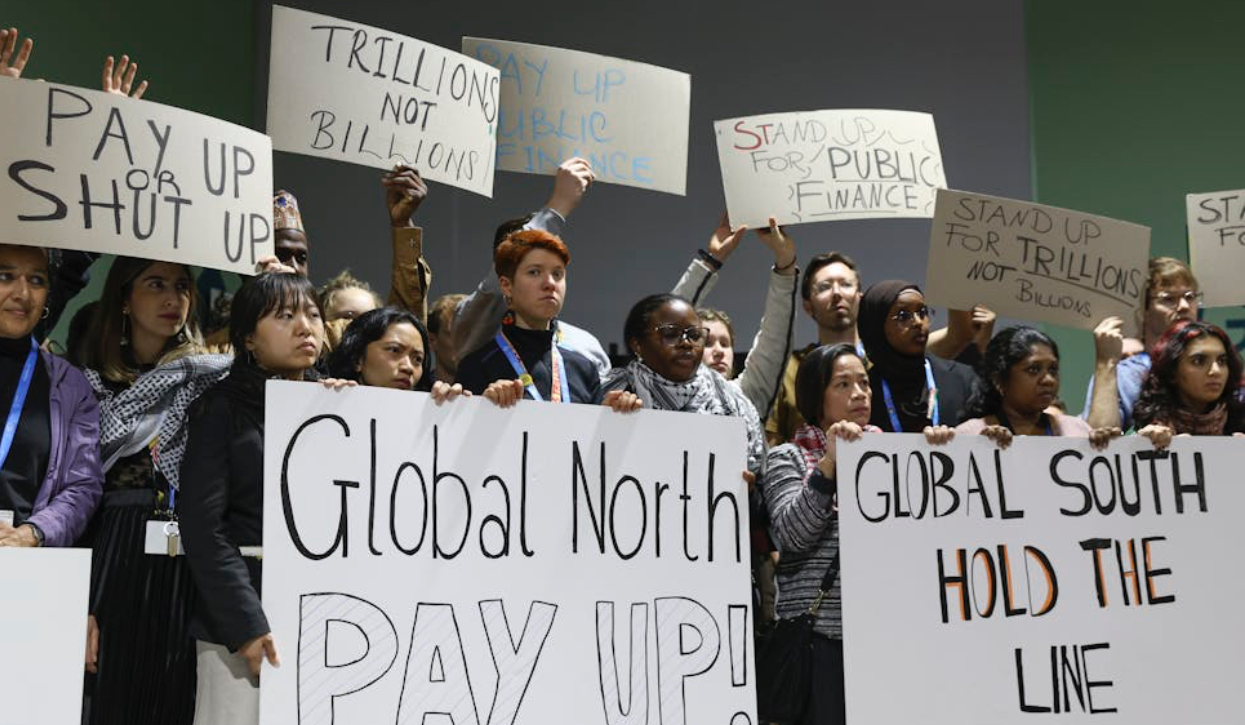






Facebook Comments